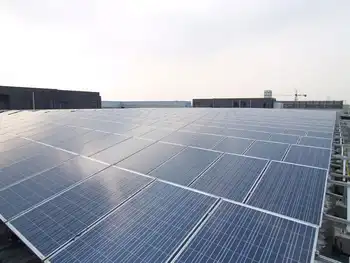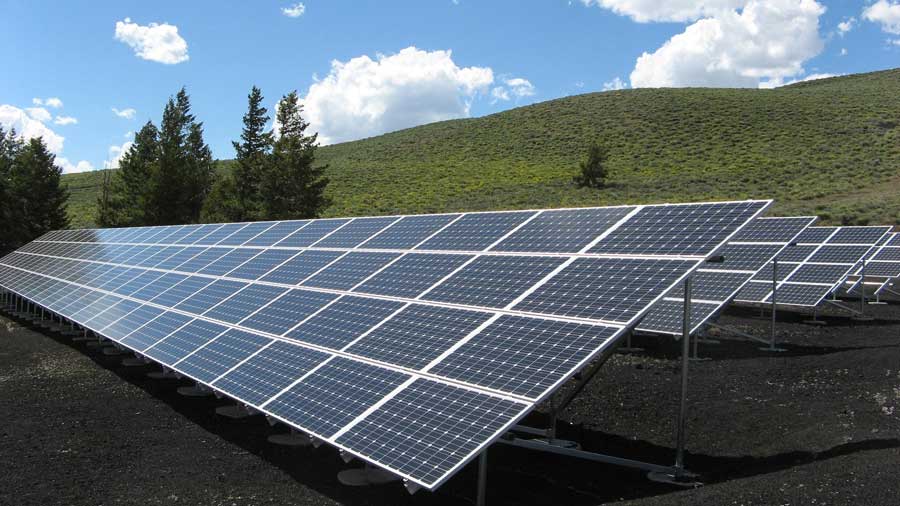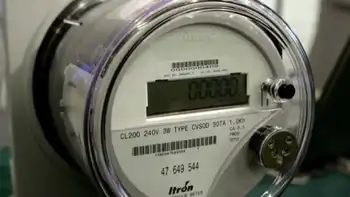Xcel, Tri-State to team on building new transmission lines
By Rocky Mountain News
NFPA 70e Training - Arc Flash
Our customized live online or in‑person group training can be delivered to your staff at your location.

- Live Online
- 6 hours Instructor-led
- Group Training Available
The companies signed a memorandum of understanding to consider transmission projects that would improve reliability of service and deliver electricity from future power plants.
Transmission lines are high-voltage lines that carry electricity from power plants, typically located outside towns or cities, to substations before delivering it to homes or businesses.
Under the agreement, Xcel and Tri-State will consider three projects building lines from the San Luis Valley to farmland near Lamar to the Front Range.
Those lines could support future solar plants in the San Luis Valley, or wind farms near Lamar, or even Xcel's coal-fired power plant near Pueblo scheduled to come online in late 2009 or early 2010.
All told, those lines and others could support 3,000 megawatts of new power resources in the state - enough to serve the electric needs of 1 million to 3 million residential customers.
"We're collaborating to develop long-term solutions to the state's transmission challenges," said Joel Bladow, Tri-State's senior vice president of transmission.
"Together we can cost-effectively develop a transmission system that is more reliable, serves our growing communities and opens more of rural Colorado for investment in renewable energy development."
Tri-State and Xcel will work together to determine the feasibility of jointly constructing the three projects, including the cost, timing, specific paths and locations. One mile of transmission typically costs from $650,000 to $1 million, depending on capacity and location.
Transmission has lagged the rapid construction of wind farms because of cost, location and regulatory and technical issues.
And that, in turn, has discouraged wind farms in many areas, especially in northeast Colorado, one of the windiest areas in the state.
Lawmakers in 2006 passed a bill to help alleviate the problem by offering incentives for the construction of transmission lines.
"Without additional transmission resources, it would be difficult to support the future renewable energy portfolio development necessary to meet the needs of Colorado's New Energy Economy," said Kent Larson, Xcel Energy vice president for transmission.











